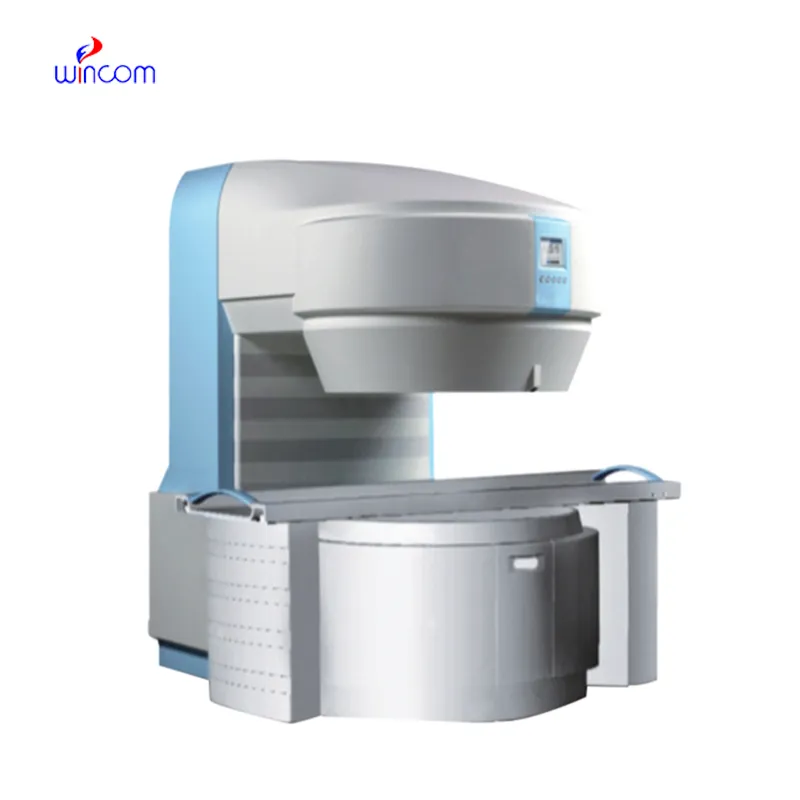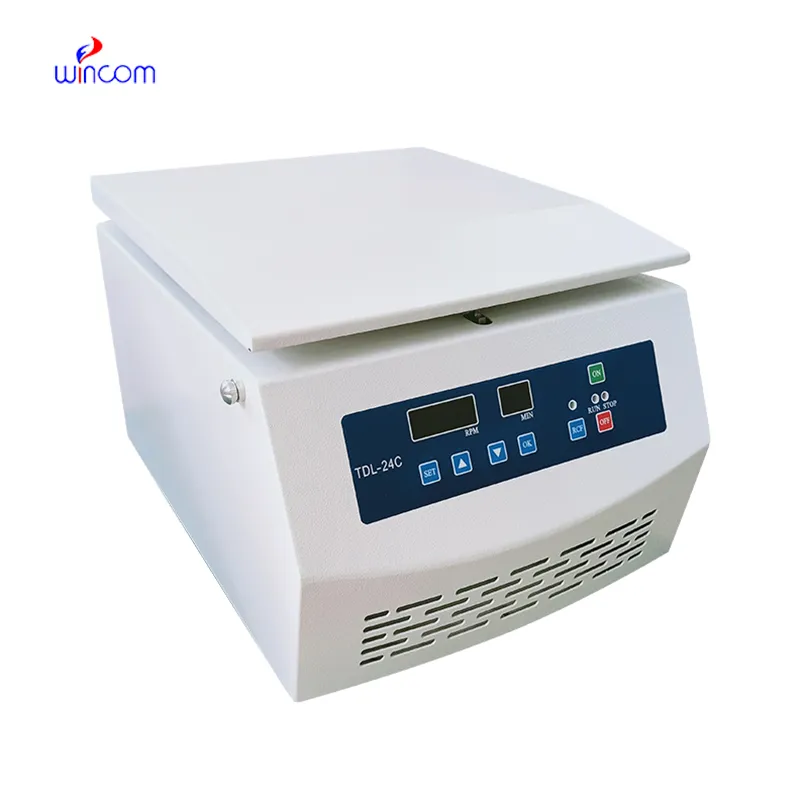
The t3 mri machine combines advanced radiofrequency systems and high-resolution imaging software to capture subtle anatomical features. Its intuitive interface accommodates fine tuning for varied body areas. The t3 mri machine does not make any noise, improving patient comfort without comprising consistent image quality at every scanning session.

The t3 mri machine is typically employed in abdominal imaging to assess the organs like the liver, kidneys, pancreas, and intestines. The t3 mri machine can identify cysts, lesions, and infection. The t3 mri machine enjoys higher contrast resolution and thus even minimal soft tissue abnormalities can be detected by radiologists.

Tomorrow's t3 mri machine will consist of advanced AI diagnostics that scan for abnormalities in real time. Wheel-equipped MRI units will soon be commonplace, bringing access to rural or emergency settings. The t3 mri machine will play a key role in predictive medicine by reading changes in physiology before symptoms manifest.

To maintain the t3 mri machine in working condition, staff should clean the patient table, coils, and bore space on a regular basis. The cryogenic system of the machine should be filled and inspected to prevent magnet quenching. The t3 mri machine also need to be protected from power surges with specialized electrical stabilizers.
The t3 mri machine plays a crucial role in modern diagnosis because it provides proper organ, muscle, and blood vessel visualization. The t3 mri machine takes advantage of magnetic resonance technology to detect variations in tissue structure. It allows clinicians to diagnose conditions like brain lesions, spinal cord injuries, and cardiovascular disease accurately and safely.
Q: Why do MRI machines make loud noises during scans? A: The noises come from the rapid switching of gradient coils that generate precise magnetic fields necessary for capturing detailed images. Q: Can MRI scans be done with contrast agents? A: Yes, sometimes contrast agents like gadolinium are used to highlight specific tissues or blood vessels, improving visibility of certain conditions. Q: How should MRI machines be maintained? A: Regular calibration, cryogen level checks, and environmental control are essential for maintaining stable magnetic performance and image accuracy. Q: Is MRI safe during pregnancy? A: MRI is typically considered safe during pregnancy, especially after the first trimester, but contrast agents are usually avoided unless medically necessary. Q: Can MRI be used in veterinary medicine? A: Yes, MRI is widely used in veterinary hospitals to diagnose brain, spine, and joint conditions in animals with the same precision as in human medicine.
The microscope delivers incredibly sharp images and precise focusing. It’s perfect for both professional lab work and educational use.
The delivery bed is well-designed and reliable. Our staff finds it simple to operate, and patients feel comfortable using it.
To protect the privacy of our buyers, only public service email domains like Gmail, Yahoo, and MSN will be displayed. Additionally, only a limited portion of the inquiry content will be shown.
We are planning to upgrade our imaging department and would like more information on your mri machin...
Could you share the specifications and price for your hospital bed models? We’re looking for adjus...
E-mail: [email protected]
Tel: +86-731-84176622
+86-731-84136655
Address: Rm.1507,Xinsancheng Plaza. No.58, Renmin Road(E),Changsha,Hunan,China